The haters and conspiracy theorists back on Twitter
- Published
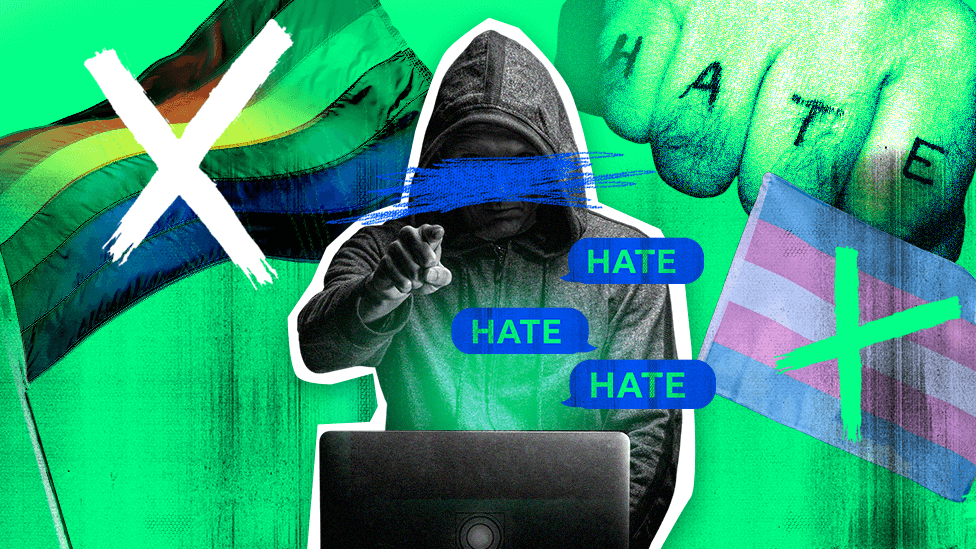
BBC analysis of over 1,100 reinstated Twitter accounts found hundreds spreading hate and misinformation
Hundreds of accounts that were recently allowed back on Twitter have been spreading abuse or misinformation, a BBC investigation has found.
In exclusive research, BBC Monitoring analysed over 1,100 previously banned Twitter accounts that were reinstated under new owner Elon Musk.
We found evidence of problematic content posted on the platform in over a third of them.
Mr Musk says he is a "free speech absolutist". In November, he announced a "general amnesty" to suspended accounts that had "not broken the law or engaged in egregious spam".
Twitter's rules prohibit violence, direct attacks and threats towards others on the basis of, for example, race, sexual orientation and gender, as well as slurs, tropes or other content that intends to "dehumanise, degrade or reinforce negative or harmful stereotypes".
The site also claims to take a "zero tolerance" approach towards any material that features or promotes child sexual exploitation.
However our research indicated a number of the reinstated accounts appear to be breaking these rules.
Nearly 190 accounts in our dataset were promoting hate and violence, including depictions of rape as well as abuse directed at women and the LGBT community
We also found a small number of accounts containing drawings that appear to show child sexual exploitation
We additionally found over 270 accounts that have spread misinformation, mainly about elections and Covid vaccines. However, not all such content would violate Twitter's existing rules.
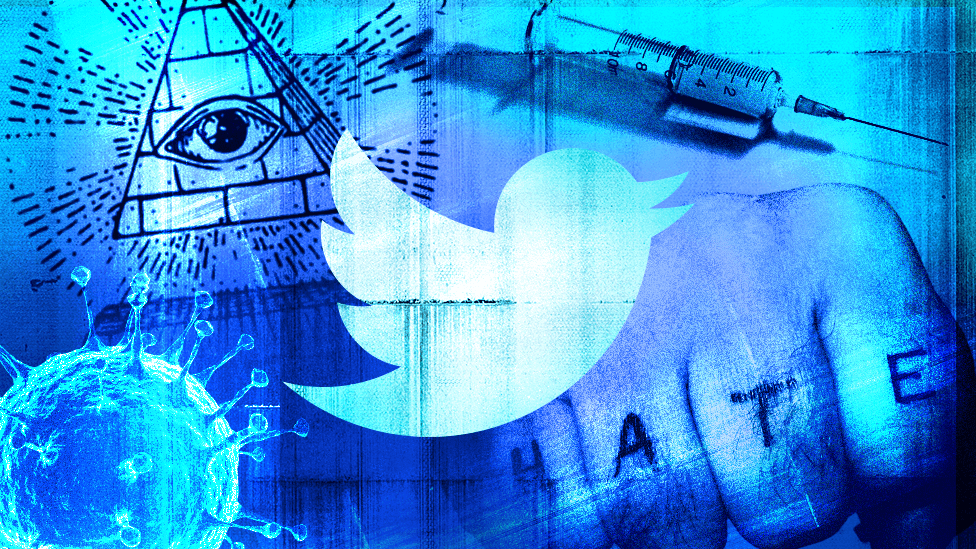
Twitter says its rules still prohibit hateful, abusive and violent content, and the site takes a "zero tolerance" approach towards child sexual exploitation
We limited our data set to accounts reinstated between 27 October 2022 - the first day of Mr Musk's takeover - and January 10, only including profiles with over 10,000 followers.
These accounts are just a portion of the thousands that have been allowed back on Twitter in recent months.
To identify problematic content, we used a combination of keyword searches and manual analysis of dozens - and at times hundreds - of posts on each account in our dataset. Where possible, we also noted known reasons for previous suspensions.
So what types of accounts are back from Twitter jail?
The many faces of hate
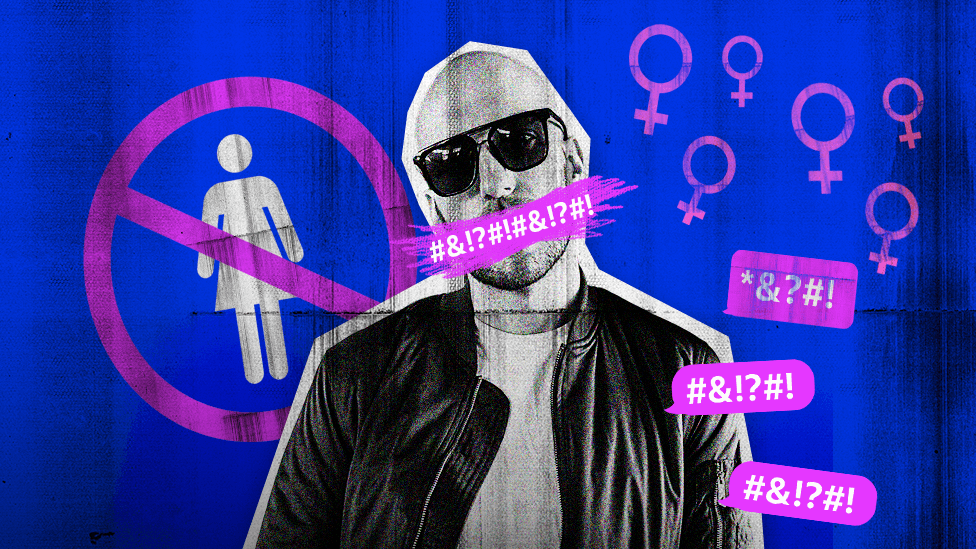
Returning Twitter accounts included those spreading hate towards women
Among the Twitter returnees in our dataset there were accounts with a history of making misogynistic comments.
One well known to many is Andrew Tate, an online influencer who's previously said women should bear some responsibility for being raped. He's currently detained in Romania as part of a human trafficking and rape investigation.
Since being reinstated his following on the platform has ballooned - going from 150,000 in November 2022 to five million currently.
Among some lesser known users promoting misogyny was one who said he knows a woman is "fine" when he wants to beat her up. Another, after being allowed back, posted a video depicting a rape.
A group repeatedly targeted was the LGBT community.
We saw tweets disparagingly referring to them as "sick humans", "groomers" and "paedophiles".
Imran Ahmed, from the Centre for Countering Digital Hate (CCDH), says his organisation has seen an increase in hateful terminology towards women and LGBT groups since Mr Musk took over Twitter, as well as racist slurs.
He claims that by not adequately reviewing all the suspended accounts before allowing them back on Twitter, "what [Musk] has done is essentially turn on the fire hose, allowing hate and disinformation to flood the platform".
Perhaps the most disturbing findings from this investigation were two accounts with images depicting child sexual abuse.
They weren't real-life pictures, but drawings.
We reported this content to Twitter, who have since suspended one of the accounts and removed a problematic image from another.
Yet a few weeks ago we found and reported through Twitter's own site yet another account posting similar images.
At the time of writing, the account was still active.
The return of election deniers
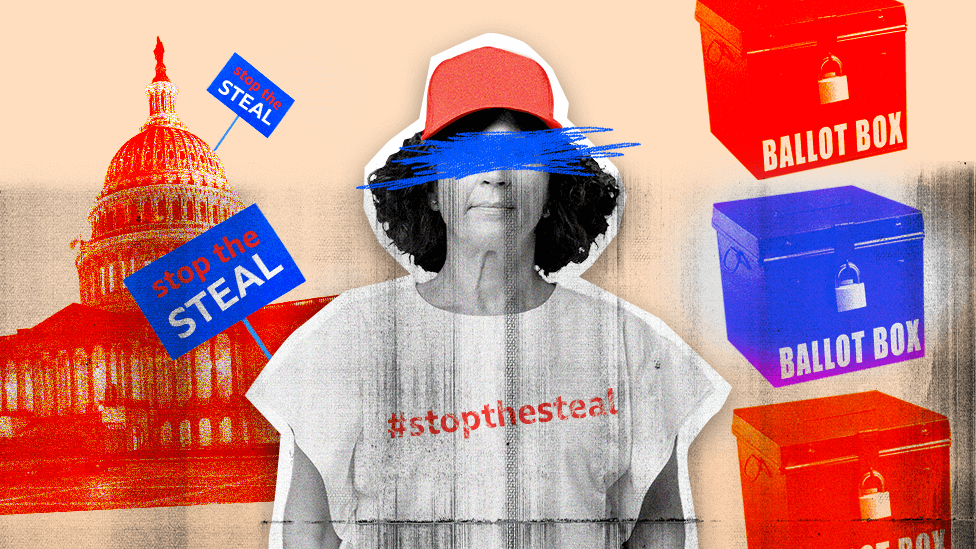
The "stop the steal" hashtag has been widely used by election deniers in the US
Over a hundred accounts in our dataset spread false and misleading claims about elections and their outcome.
For instance, some users incorrectly suggested former President Jair Bolsonaro had won both rounds of the presidential vote in Brazil.
Others wrongly claimed that Donald Trump "won by a landslide" in the 2020 presidential election in the US.
Some of the Trump supporters even celebrated their return to Twitter with posts echoing false election claims.
Mike Lindell, the CEO of MyPillow and one of the biggest proponents of the bogus theory that the 2020 election was influenced by fraud, tweeted: "I'm back!! Thank you @elonmusk and by the way melt down the electronic voting machines and turn them into prison bars!"
Twitter says it may label or remove false or misleading information about elections and their outcome.
At the time of writing, none of the posts we saw spreading such claims about elections have been labelled.
False vaccine claims going unchecked
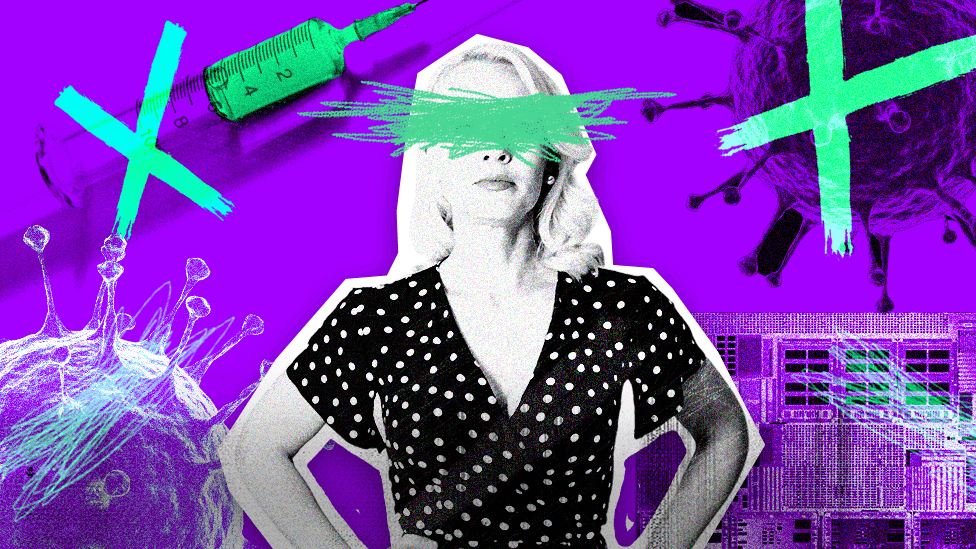
Twitter stopped enforcing its Covid-19 misinformation policy in November, allowing some anti-vaxxers to return
In November, Twitter stopped enforcing its Covid misinformation policy, prompting some of the notable spreaders of coronavirus myths and vaccine misinformation to come back.
Among them were Dr Robert Malone, who has made misleading claims casting doubt on the effectiveness and safety of Covid vaccines, and cardiologist Peter McCullough, who has pushed false claims that Covid vaccines are killing large numbers of people.
Evidence from different independent scientists all over the world, as well as the experiences of over five billion people, have shown that Covid vaccines are safe and effective and serious side effects are rare.
We also encountered numerous posts baselessly linking people's "sudden deaths" to vaccines, and in at least one instance that led to the harassment of a bereaved parent.
The majority of the reinstated accounts in our data set did not promote outright misinformation or hateful content. Sometimes it was even unclear why an account had been suspended in the first place.
Yet for others, the amnesty seems to have been an opportunity to repeat the kind of behaviour that led to their ban.
At the time of writing, just over a dozen accounts in our dataset of more than 1,100 had been independently resuspended.
We contacted Twitter for comment but they have not replied.
Lead reporting by Kayleen Devlin
Research and analysis by Kayleen Devlin, Adam Robinson, Olga Robinson, Alistair Coleman, Paul Brown and Shayan Sardarizadeh
Illustrations by Jenny Law
Contributing research by Travis Brown